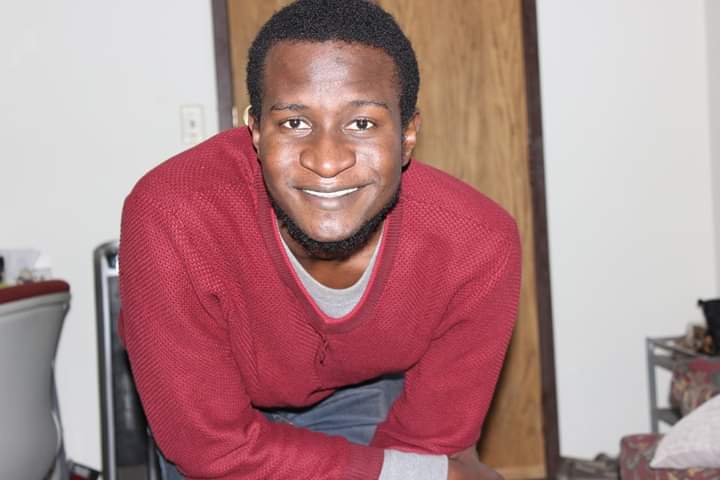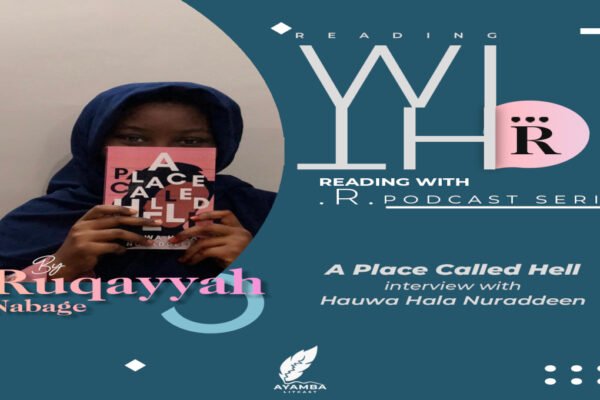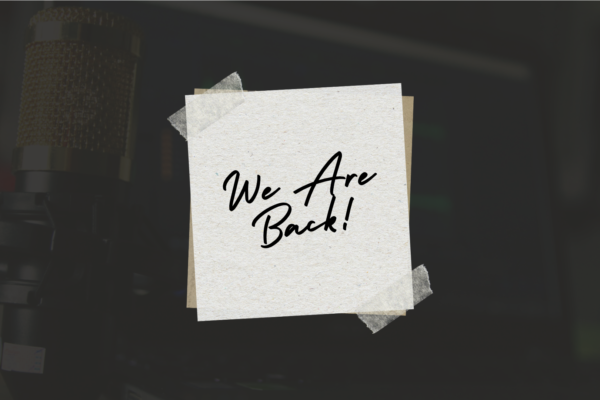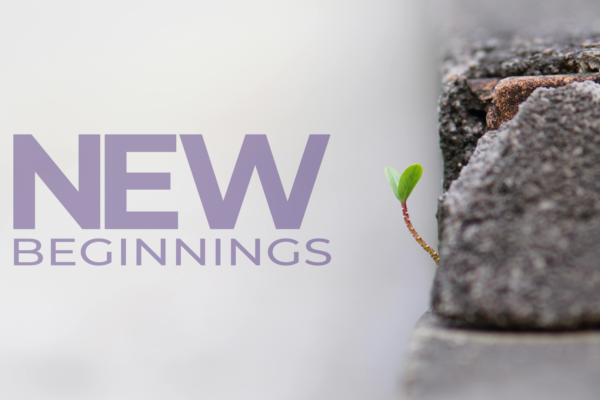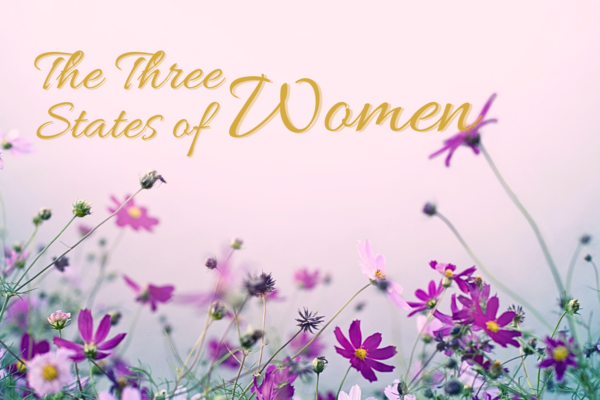Ayamba: How are you quarantining? In what ways has your daily routine changed?
Saddiq Dzukogi: We have been at it for weeks now. I have exhausted a lot of the movies on Netflix. Now I am not only watching American movies and Nigerian movies, I am also watching films from Bahrain, Turkey. I am surprised at the level of human creativity worldwide. I am happy that there is brilliance lurking everywhere especially in places isolated from our gaze.
My daily routine hasn’t changed a whole lot— my body is just learning to make do in the reduced spaces it now must contend with— I am with my two human-teddies and a lovely wife. I am cooking more and loving more. Everyday, I try to reach out and connect to people, and seeing the light in doing so. I am reading poems and writing poems I do not understand because, what if there isn’t that leisure of time. We are more the same than we have ever acknowledged, and this virus is forcing us to do so in the most gruesome way.
How about you? How are you coping? I hear it is crazy over there— not that it should be a consolation, but it is also crazy over here.
Ayamba: I have always been a home buddy, so it is not so hard for me. Except that I miss my sister and friends. When I was away at school, I missed my sister a lot and it hurt, but now that I’m back in the same city as her and still can’t go and see her because we both can’t go out, it is on another level entirely.
But also, it is opening my eyes to a lot of things; I am learning to see in new ways, to pay attention to my immediate version of the world. But most importantly, to pay attention to myself. I cut my hair and found that I liked it even though, I now look like a boy. I’m also studying a bunch of boring law books. I am loving, too.
Also, there seems to be this notion that this is the most convenient time for writers to write. Is this true for you? Have you been writing more in these strange times?
Saddiq: Hahaha: People love to fantasize about having time and how it’s an opportunity to produce— if a writer is moved to write, that’s great. But we are faced with a lack of time and not an abundance of it— we are faced with a virus that eats away a person within days— for example, for some reason Farid thinks my computer is his toy— he is actively fighting me for it. Rayhan wants me to read him stories endlessly. It’s like they are all making me pay for all the times that I wasn’t home with them. I write but I write as it comes and I do not pressure myself into writing because, now I have an illusive time. People need to breathe, the whole world is gasping for air and different people with different ways of finding calm. This whole period is an experience that ultimately will trigger great art, today, tomorrow or even years from now. It doesn’t matter when we write, paint, or sing about it, what matters is that we write, and paint or sing about it, when our body and mind find the ease and clarity to do so.
This virus is changing even the notion of distance, distance is no longer the length of expanse of space between us, it is now the proximity— two bodies six feet apart without the privilege of touch. I hear you about your sister and the form of connection that we are collectively adapting to. I like that your eyes are now more open to space and the self that occupies the space— I am also glad that your new appearance— short hair— is a source of joy at this time; the human body is also a canvas for art. You definitely can make art with your body.
Ayamba: Thank you. I feel so seen.
I agree with you. I think that art takes time, and there is so much that is fused in these times that we are faced with. The human body seems, at this time, to be forced into being a cite of so many kinds of griefs and anxieties. Most of which do not even belong to us — but then, that is the curse of being human; to feel even outside of our realities. You read the news and you find that the figure of people affected by the virus has surged and you are immediately downcast. Or you hear of someone who has died from it. Your friend coughs and your thoughts start spiraling out of control. Your body is forced to take in these griefs.
To be expected to create art in the middle of these crises is a burden that shouldn’t exist. Some people can. Some people cannot. To be a writer is to pay attention to the world. Susan Sontag (I think) once said. But to be a writer, you have to be human first. That gets in the way of a lot of things; is a limitation.
Are you currently looking to tick some books off your to-read list during this time? Which books are they?
Saddiq: You’ve said it succinctly. Let’s survive. Making art is one way, not making art is another way—
At this point it feels like I haven’t read any of the books on my book shelves. It’s ironic that I have been carrying Ada Limon’s The Carrying for a good one year without reading it despite always being with me in my bag— I am reading that and also, Natalie Diaz’s Post Colonial Love Poem which is by the way a stunning book. I am also reading Major Jackson’s The Absurd Man— also reading so much news right now.
Ayamba: The Carrying is a work of wonder. 10/10 I recommend.
Thank you so much for sharing your CoronaDiaries with us.
Saddiq: Cheers.
Poet, Saddiq Dzukogi, shares with Hauwa Shaffii Nuhu, how time passes for him in the time of Coronavirus.
Saddiq Dzukogi is the author of Inside the Flower Room. His recent poems have appeared or are forthcoming in Kenyon Review, Poetry Society of America, Gulf Coast, African American Review, Crab Orchard Review, Prairie Schooner, and Verse Daily.

